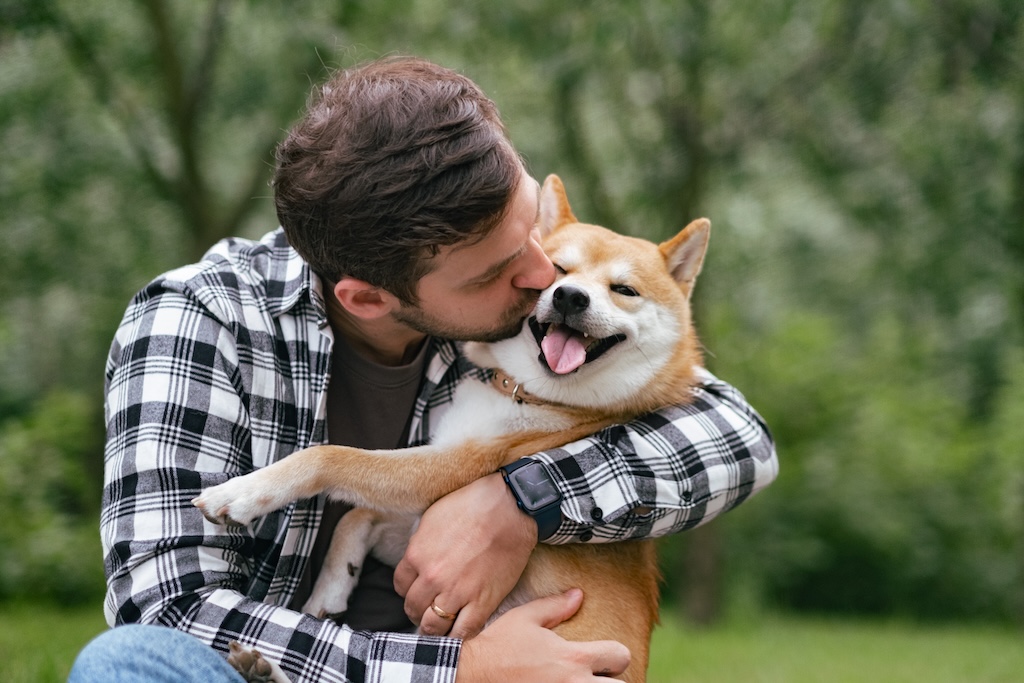Every pet owner knows how precious their furry friends are. That emotional bond can help reduce stress, beat the blues, even encourage you to get outside and stay active. Historically, Australian family law has viewed pets as property. They typically become part of the property pool in a divorce property settlement. Whilst this is not an accurate reflection of how most Australians view their pets, the law is often slow to catch up with modern thinking. That being said, some recent legal changes have flipped the script on the Property Settlement Process where pets are concerned.
Pets are Family, but What Does the Law Say?
Regardless of what the law says, your pets are fully fledged members of the family. There’s a good chance you throw them birthday celebrations, and there’s an even better chance you include their names when signing cards from the whole family. According to ABC reporting, many victims delay leaving over fears of what will happen to their beloved pets.
That’s family!
Now the law is finally catching up, with movement on the family law property settlement process. These changes took effect on the 10th of June 2025 and have a practical effect on Sydneysiders.
Let’s take a look at the changes and what that means for property settlement after separation.
Changes to the Family Law Act
So, what changes were made to the Family Law Amendment Act 2024? The key changes include considering the effects of family violence in the property settlement process, recognising that economic abuse and financial abuse are captured within the standard definition of family violence, and providing a new framework to determine pet ownership post seperation.
Courts don’t approve parenting agreements for pets. They either determine that Party A is the legal owner or that Party B is the legal owner. If you want to share custody of your pet with your ex, that’s something to work out in mediation. However, the amendment does include a provision for companion animals.
The definition of a companion animal is detailed in the Disability Discrimination Act 1992, but it also includes animals that form part of a business. While the court can still treat the companion animal as part of the property pool, they have the power to consider whether that pet has been used by one party against the other.
Court Considerations
Now, the court will look at factors such as who purchased the animal, who registered the animal, who handles the feeding, walking, vet care, and bills. They will also consider the details on the microchip, registration details, and insurance policy. You can use witness statements from your vet, friends, family, or neighbours to support your claim and use social media posts and photos to bolster your case, too.
Where Violence is Present
If there is family violence involved, this can be weighed in the decision to determine a pet’s final home. This is particularly key as many perpetrators of domestic violence use pets to coerce their victims, whether by using harm as a threat or actively abusing the pet. If you are at risk, take practical steps to protect yourself and your pets before you leave. Safety planning is sadly a must, and it starts with contacting local shelters, family, friends, and potentially the police if necessary.
Your safety must always come first, so please speak to loved ones you trust who can provide support. Lucy’s Project provides support for victims of domestic violence looking to make a fresh start with their furry companion.
A Practical Post-Separation Checklist
There is a property settlement time limit, so it’s best to act early to ensure you avoid falling foul of deadlines. As soon as you make the decision to separate, you should be gathering evidence. Of course, your pet should be registered on the NSW Pet Registry and microchipped, which the breeder is legally responsible for. In addition to this documentation, you can also use receipts to show your connection to your pet. In the meantime, come up with a pet care plan and work on temporary written agreements.
The earlier you seek legal advice, the better off your position will be. The moment you think about separating from your partner, you should schedule a consultation with a skilled family lawyer who can provide helpful legal advice about the next steps. You should have your ducks in a row before you act.
If you want to share custody of a pet with an ex, that’s a wonderful way for both of you to enjoy a furry friend you both adore. However, if you believe your ex will fight for the pet just to upset you, you need to be proactive in making plans. While the best outcome is always a negotiated agreement between both parties, it’s also much quicker to take the mediation route.
If there’s still a problem, you may need to pursue a court order. It is in everyone’s best interests to negotiate because the court will choose a home for the pet or order you to sell your pet to put the money into the property pool. Companion animals can also form part of the decision regarding property, so you must produce all available evidence to prove your animal is a companion and why.
How AJB Stevens Can Help
If pets are our best friends, it’s time our court system recognised how important they are. They’re more than property, and now the court will consider which home is most appropriate for an animal, alongside the other factors we detailed.
AJB Stevens can help Sydneysiders protect their pets. Contact us today to schedule your consultation, and we’ll discuss our property settlement services and how we can help fight for you. If there is family violence, we can help you find the right support.
Call (02) 8268 0600 or use our contact form to arrange a no-obligation meeting with one of our expert family lawyers.




